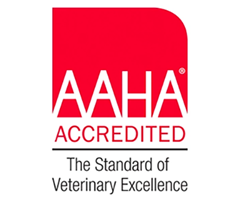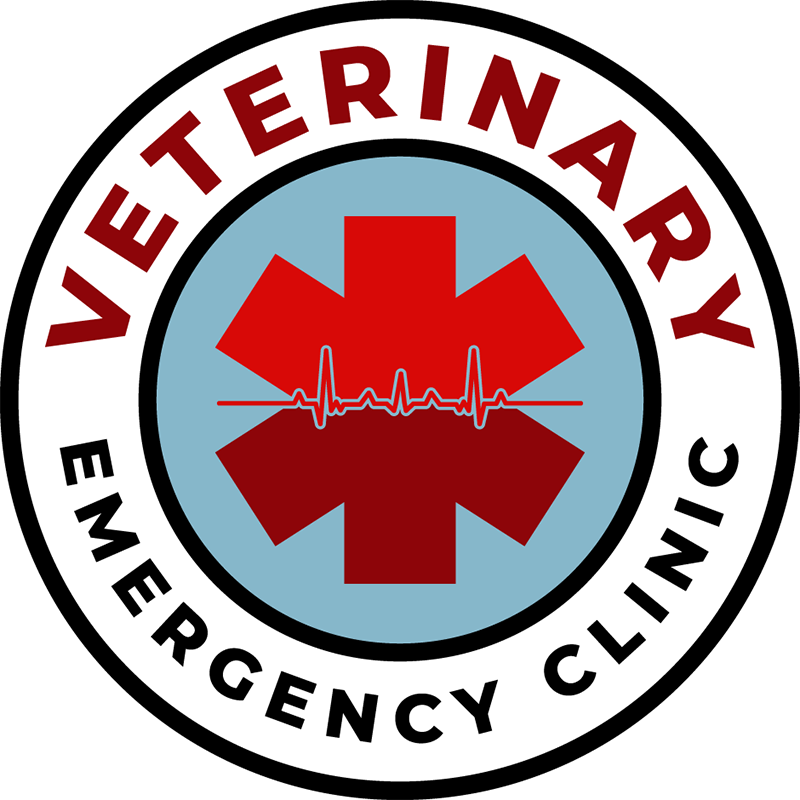Port Charlotte, FL
They are not just animals to us… they are your family.
Veterinary Emergency Clinic
Serving small companion animals since 1992, Veterinary Emergency Clinic provides care for your beloved furry family member when your primary veterinarian is not available. You can feel confident that your primary veterinarian will be notified of all your pet’s information from their time with us, and that they will be able to continue to provide your pet with the best quality care.

Accredited by the AAHA
What does it mean to be an Accredited Member of the American Animal Hospital Association? To maintain accredited status, we voluntarily and regularly undergo comprehensive on-site evaluations. Only about 15% of veterinary hospitals in the United States and Canada are accredited by AAHA.

RECOVER Rescuer Certified
All of our full-time team members recently participated in the RECOVER Initiative. RECOVER is evidence-based canine and feline CPR (Cardiopulmonary resuscitation) guidelines that cover Basic Life Support and Advanced Life Support. Our team is proud to have completed this important training and looks forward to continuing our education in the veterinary field. Learn more…
Our Services
Emergency and critical care for your animal companion
We offer a wide range of veterinary services at our trauma and emergency facility. Our team members are trained to handle most life-threatening emergencies that can occur anytime during nights, weekends, and holidays. These emergencies include — but are not limited to — animals being hit by cars, gunshot wounds, lacerations, heatstroke, trouble breathing, fever, infection, snakebite wounds, seizuring, and many other conditions.
Pet Toxicity Treatment
Emergency Pet Surgery
Pet Transfusion Therapy
Digital Radiology for Pets
Thank you for your kind words!
Our veterinary team
Your pets. Our passion.
Our work is our passion, and we strive to continually educate our doctors and staff to ensure commitment to excellence in emergency veterinary medical care and emotional support.

